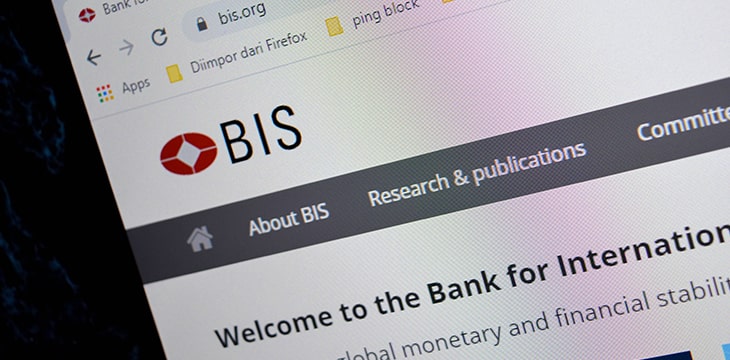|
Getting your Trinity Audio player ready...
|
The head of the Innovation Hub at the Bank for International Settlements (BIS) has called on central banks to step up their central bank digital currency (CBDC) efforts to compete with the quickly evolving stablecoins and decentralized finance.
In his speech at the Eurofi Financial Forum, Benoît Cœuré acknowledged that the world of finance is shifting drastically, with mobile and contactless payments becoming part of our daily lives due to the pandemic. Globally, central banks are striving to keep up, and CBDCs are their best shot at staying ahead of the times, the banker believes.
Benoît believes that central bank-issued money is superior due to factors such as its safety, finality, liquidity, and integrity. However, even with its advantages, the central bank-issued money, including CBDCs, faces a litany of competition. This includes big techs (such as the embattled Facebook’s Diem), stablecoin issuers, and DeFi, the banker believes.
However, the French economist, who previously served on the board of the European Central Bank, believes all these new-age innovations face their own bottlenecks.
“Stablecoins may develop as closed ecosystems or ‘walled gardens,’ creating fragmentation. With DeFi protocols, any concerns about the assets underlying stablecoins could see contagion spread through a system. And the growing footprint of big techs in finance raises market power and privacy issues,” he pointed out.
As such, CBDCs “will be part of the answer,” he told the audience. When well designed, it will be a safe and neutral means of payment, enable an open finance architecture and preserve democratic control of the currency.
Benoît believes that urgency is key if central banks are going to compete with their upcoming rivals.
“…the time has passed for central banks to get going. We should roll up our sleeves and accelerate our work on the nitty-gritty of CBDC design. CBDCs will take years to be rolled out, while stablecoins and cryptoassets are already here. This makes it even more urgent to start,” he stated.
The BIS is working with different central banks on their CBDC projects. They include from its home state in Switzerland where the central bank is working on Project Helvetia for domestic CBDC uses and Project Jura, a wholesale CBDC between Switzerland and France. BIS is also working with Hong Kong on Project Aurum and with South Africa and Australia on Project Dunbar.
To learn more about central bank digital currencies and some of the design decisions that need to be considered when creating and launching it, read nChain’s CBDC playbook.
Watch: CoinGeek Zurich panel, Digital Technology and the Future of Banking & Financial Services

 02-17-2026
02-17-2026 




